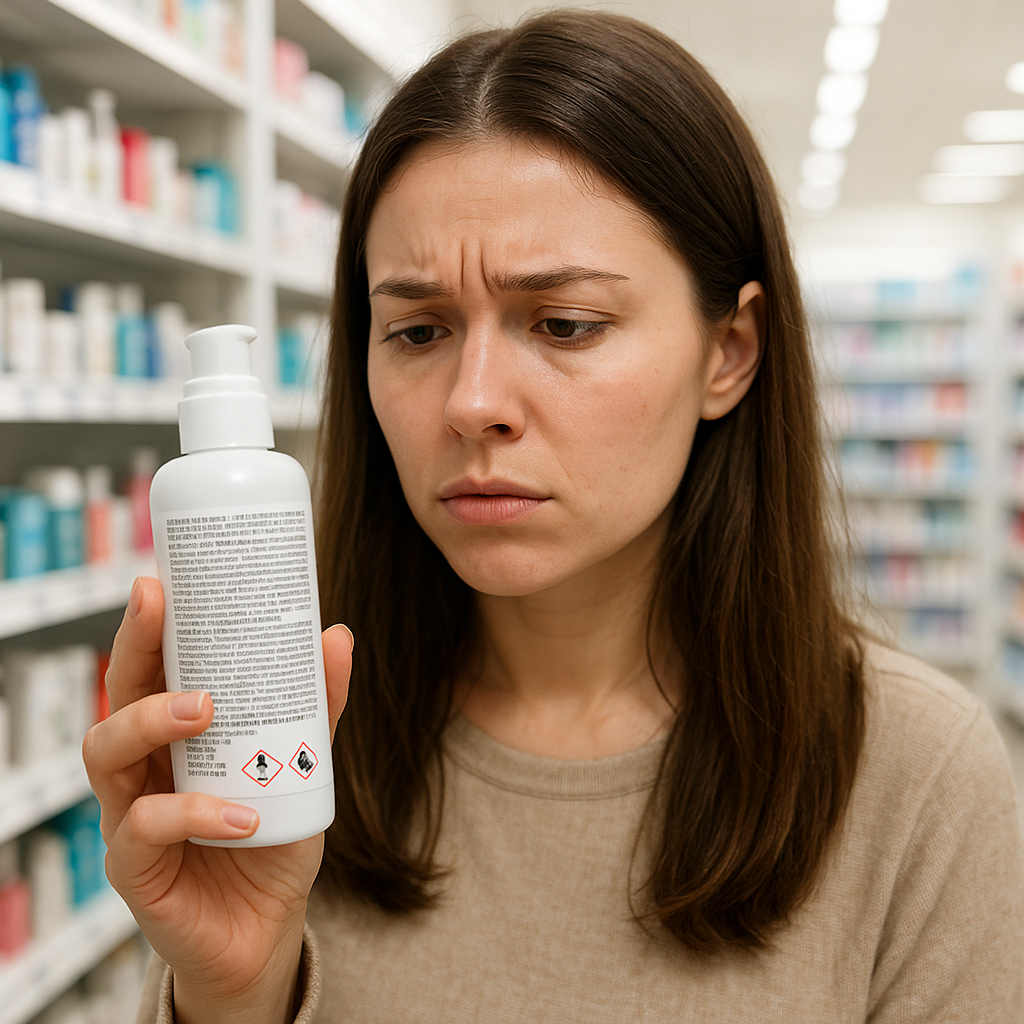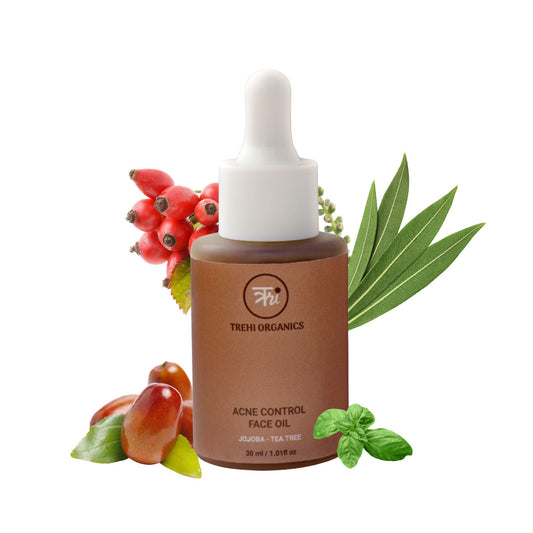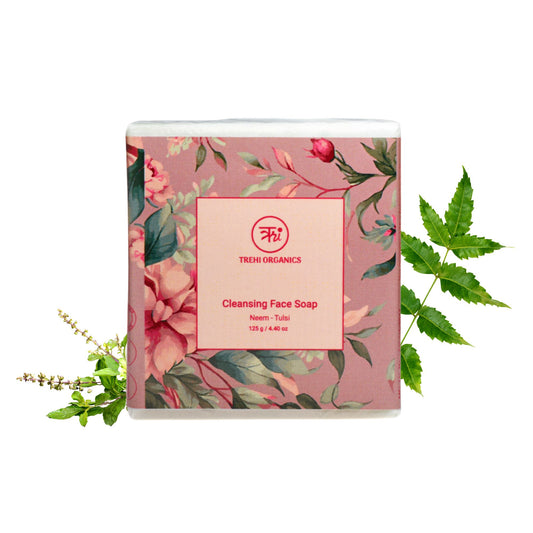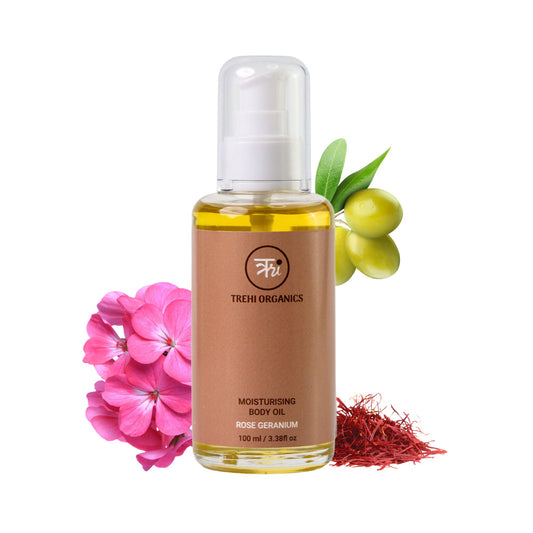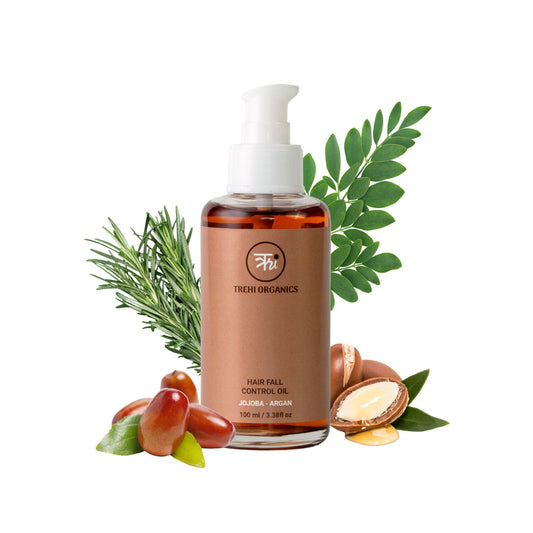Do you ever pick up a shiny skincare bottle and feel like it’s the answer to all your skin problems?
You’re not alone. Millions of people trust the words on skincare labels without really knowing what’s inside.
But here’s the truth:
Most skin problems like acne, pigmentation, wrinkles, or sensitivity don’t start with your skin… they start with the products you put on it. Labels often hide chemicals that quietly damage your skin and even disrupt your hormones.
That’s where this blog comes in. Our purpose today is simple — to help you see beyond the packaging and finally understand what your skincare label is really saying. Because when you know better, you choose better.
And we’re not just saying this. We’ve built a community of 50,000+ people in our Daily Free Face Yoga classes, where men and women share their skin struggles every day. From pigmentation and puffiness to acne and aging — we’ve seen real changes when people switched to clean skincare and supported it with simple face yoga.
So here’s the plan for you:
- Learn the hidden dangers of skincare labels.
- Discover which words and chemicals to avoid.
- Find out how Trehi Organics and Face Yoga can work together to heal your skin naturally.
- And finally, watch our video “If You’re Not Reading Labels, You’re Not Doing Skincare Right” to become confident at spotting safe products instantly.
Let’s start peeling back the label — your skin deserves the truth.
Why Do Most People Trust Skincare Labels Without Checking Ingredients?

Think about it: when you pick up a new face cream or serum, what do you notice first? The shiny bottle, the attractive logo, and those powerful words on the front — “dermatologist-tested,” “natural,” “toxin-free.”
Most people trust skincare labels because of packaging psychology. Brands know exactly what words make us feel safe. The result? We believe the product is healthy for our skin — without even flipping the bottle to check the ingredient list.
Studies show that over 60% of skincare consumers rely on front-label claims instead of reading ingredients. And that’s where the real problem begins. Labels often hide complicated chemical names that don’t look scary at first, but can actually lead to acne, pigmentation, allergies, and even hormone imbalance.
When we don’t check the fine print, we end up buying products we never really needed. This not only wastes money, but also feeds our skin with chemicals it doesn’t deserve.
That’s exactly why we created our video “If You’re Not Reading Labels, You’re Not Doing Skincare Right”. It shows you how to quickly scan a product and understand whether it’s safe for your skin or not.
What Common Marketing Words on Skincare Labels Are Misleading?
The front label of a skincare product is designed to attract you, not to inform you. Many buzzwords sound good but don’t always mean what you think. Let’s break down the most common ones:
Is “Natural Skincare” Always Safe?
Just because a product says natural doesn’t mean it’s free from harmful chemicals. In fact, “natural” is not a regulated word in skincare. Brands can add just one plant extract and still call the product natural — even if the rest of it is full of parabens, sulfates, or synthetic fragrances.
Better choice: Always flip the label and check if the majority of ingredients are truly plant-based and chemical-free.
What Does “Dermatologist-Tested” Really Mean?
“Dermatologist-tested” sounds trustworthy, but here’s the catch — it only means a dermatologist has tested it once, not that it’s safe for all skin types. It doesn’t guarantee the absence of toxins, preservatives, or hormone disruptors.
Better choice: Don’t get carried away by the word “tested.” Focus on the ingredient list instead.
Why “Fragrance-Free” Products Can Still Harm Skin
Many people switch to fragrance-free products, thinking they’re safe. But here’s the truth: brands often replace fragrance with hidden masking agents or “unscented” chemicals that are just as irritating. In fact, a label that says “fragrance” can legally hide 200+ different chemicals under that single word.
Better choice: Look for products that clearly list natural oils (like lavender oil, rose oil, or chamomile extract) instead of vague words like fragrance.
This is why we always tell our 50,000+ Face Yoga community members: Don’t be impressed by the label. Be impressed by the ingredients. That one shift can save your skin from years of damage.
What Are the Top Hidden Chemicals in Skincare You Should Avoid?

When you read the back of a skincare product, you’ll often see long, scientific names that look confusing. But some of these are not just harmless fillers — they’re chemicals that can damage your skin in the long run. Here are the main ones you should always watch out for:
Why Parabens in Skincare Are Harmful
Parabens are used as preservatives to keep creams and lotions from spoiling. But studies show parabens can mimic estrogen in the body, which may disrupt hormones. Long-term use has been linked to issues like early aging, acne flare-ups, and even fertility concerns.
If you see words like methylparaben, propylparaben, or butylparaben on the label, put the product back.
Are Sulfates Bad for Skin Health?
Sulfates are the ingredients that make your face wash or shampoo foam. While they clean dirt, they also strip away natural oils from your skin. This can leave your skin dry, irritated, and more prone to sensitivity and breakouts.
Common names include SLS (Sodium Lauryl Sulfate) and SLES (Sodium Laureth Sulfate).
What Is Wrong with Synthetic Fragrance in Skincare?
That “fresh floral” smell in your cream? It may not be as safe as it seems. “Fragrance” is often a cover word for 200+ undisclosed chemicals, many of which are allergens and irritants. They can trigger rashes, pigmentation, or even long-term hormonal effects.
A simple rule: if you see fragrance or parfum listed without details, it’s best to avoid it.
How Preservatives Like Formaldehyde Affect Your Skin
Some products use formaldehyde-releasing preservatives to increase shelf life. These can cause skin irritation, redness, and allergies — especially for people with sensitive skin. In fact, formaldehyde is classified as a carcinogen (cancer-causing substance) when used in high amounts.
Watch out for ingredients like DMDM hydantoin, quaternium-15, or imidazolidinyl urea.
How Do Skincare Chemicals Disrupt Your Skin and Hormones?
Your skin is not a wall — it’s a sponge. Whatever you apply doesn’t just stay on the surface; it gets absorbed into the deeper layers and sometimes even into your bloodstream. That’s why chemicals in skincare don’t only affect how your face looks — they affect how your whole body feels.
Can Skincare Ingredients Enter Your Bloodstream?
Yes. Research shows that many small chemical molecules in creams and lotions can pass through the skin barrier and enter the bloodstream. This means you’re not just “applying” chemicals — you’re feeding them to your body.
How Do Toxins in Skincare Trigger Acne, Pigmentation, and Wrinkles?
When your skin absorbs harmful chemicals, they can:
-
Clog pores → leading to acne.
-
Inflame skin cells → causing dark spots and pigmentation.
- Break down collagen → accelerating wrinkles and fine lines.
This is why many people notice skin getting worse even after following long, expensive routines.
What Is the Link Between Skincare Chemicals and Hormonal Imbalance?
Certain chemicals like parabens, phthalates, and synthetic fragrances are known as endocrine disruptors. This means they can interfere with your hormones. The result?
-
Irregular breakouts (especially hormonal acne).
-
Skin sensitivity during menstrual cycles.
- Pigmentation and premature aging.
This is why choosing chemical-free skincare and supporting your body with natural practices like Face Yoga is so important for long-term skin health.
Why Is Trehi Organics Skincare Different from Other Brands?
In a world where every brand claims to be “natural” or “toxin-free,” how do you actually find a safe skincare brand you can trust? This is where Trehi Organics is different.
Trehi stands on one simple philosophy: skincare should be so clean, you could almost eat it.
Here’s what makes Trehi Organics unique:
-
100% Chemical-Free Skincare – No parabens, no sulfates, no hormone disruptors, no hidden preservatives.
-
Toxin-Free Skincare in India – Every ingredient is listed clearly on the label. No fake promises, no vague “fragrance.”
-
Safe Skincare Brand for All Skin Types – Whether you have acne-prone, sensitive, or aging skin, Trehi focuses on pure formulations your skin can truly recognize.
- Transparent Labeling – If it’s on your skin, you should know exactly what it is. That’s why Trehi makes sure every label is simple and understandable.
With Trehi, you don’t need 10 different bottles or a complicated 7-step routine. Just clean, no-nonsense products that work with your skin, not against it.
Can Face Yoga Help Heal Skin Along with Clean Skincare?
While clean skincare protects your skin from outside toxins, Face Yoga works from within. It helps reduce puffiness, improve blood flow, balance stress, and even support hormonal harmony — all of which show up as glowing, healthy skin.
When combined with a toxin-free skincare routine, Face Yoga becomes the perfect natural therapy for long-term results.
How Does Face Yoga Improve Skin Glow Naturally?
Face Yoga increases blood circulation and oxygen supply to your skin. This means more nutrients reach your skin cells, giving you a natural, healthy glow — without needing heavy creams or chemical serums.
Which Face Yoga Exercises Reduce Wrinkles and Pigmentation?
Certain Face Yoga poses target problem areas directly:
-
Forehead Smoother → reduces fine lines and wrinkles.
-
Cheek Lifts → brighten dull skin and fight sagging.
-
Eye Circle Exercise → helps with dark circles and puffiness.
- Pigmentation Relief Massage → improves lymphatic drainage and supports even skin tone.
These exercises, practiced daily, act like a natural “facial workout” for youthful, glowing skin.
Why Combining Face Yoga and Chemical-Free Skincare Works Best
Skincare alone cannot solve deeper issues like stress, poor circulation, or hormone imbalance. Similarly, Face Yoga alone cannot protect you from harsh chemicals in products.
But when you combine the two — Face Yoga + Trehi Organics’ chemical-free skincare — you give your skin both protection and healing. That’s the real secret to long-lasting glow and health.
This is why our community of 50,000+ people in Daily Free Face Yoga classes often sees the best results when they pair clean skincare with consistent Face Yoga.
How to Start Choosing Safe Skincare Products Today?
Choosing safe skincare doesn’t have to be confusing. You don’t need a science degree to understand labels — just a few simple steps can make all the difference. Here’s how you can start today:
-
Flip the Bottle First, Not Last
Don’t just stop at the shiny front label. Always turn the product around and check the ingredients list. That’s where the truth lies.
-
Scan for Red-Flag Words
If you see parabens, sulfates, fragrance/parfum, formaldehyde, phthalates, or any ingredient that looks too complex to pronounce — pause. Ask yourself: Do I really want this on my skin?
-
Look for Simple, Recognizable Ingredients
Your skin understands natural oils, herbs, and plant-based extracts better than synthetic chemicals. The simpler the ingredient list, the safer the product usually is.
-
Choose Brands That Value Transparency
Go with skincare brands (like Trehi Organics) that list every ingredient clearly and don’t hide behind marketing words. If a brand is truly chemical-free, it won’t hesitate to show it.
-
Support Skin from the Inside Too
Remember: glowing skin is not just about what you put on it. Practices like Face Yoga improve circulation, reduce puffiness, and help balance stress and hormones that affect your skin.
Want to see this in action?
Watch our video “If You’re Not Reading Labels, You’re Not Doing Skincare Right” to learn simple hacks for safe skincare and see how easy it is to decode labels.
And if you’re ready to take the next step, join our 50,000+ community in Daily Free Face Yoga Classes on the Yuvaap app — where we help people every day with acne, pigmentation, aging, and more.
Your skin deserves better. Start small, stay consistent, and choose safe.
